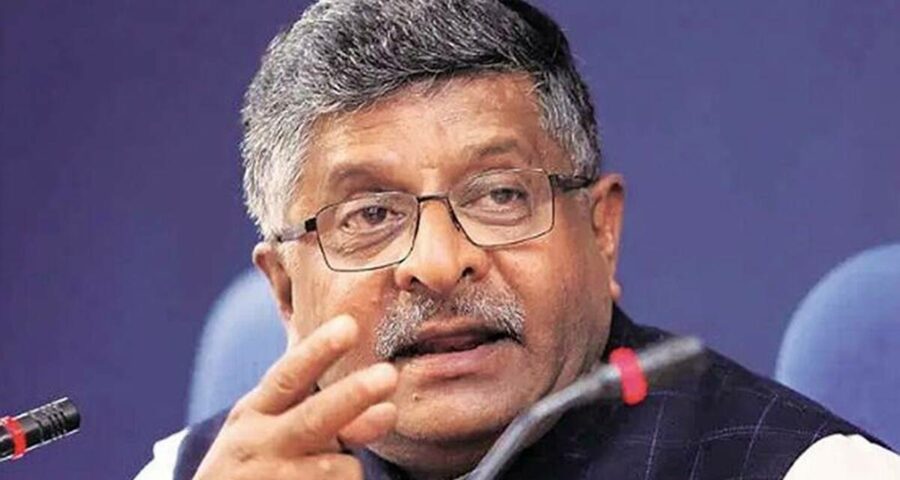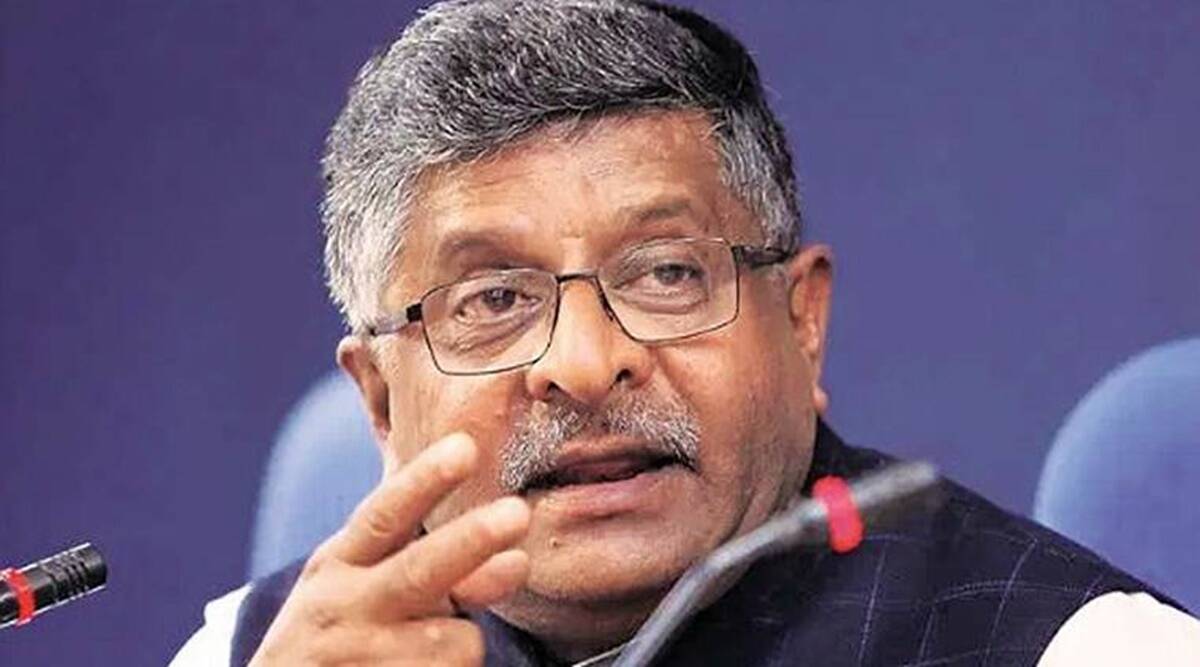Prasad, however, said that the new rules are in the form of an architecture that the intermediaries should themselves follow rather than the government mandating it through law.
The Government will no longer accept “Internet imperialism” by a “select few” technology companies of the world and will ensure that they respect local ideas, culture, traditions, and sentiments, Union Information Technology Minister Ravi Shankar Prasad told The Indian Express.
The comments by Prasad, also the Law Minister, come in the backdrop of new guidelines for social media intermediaries announced by the Ministry of Electronics and Information Technology (MeitY).
“Any kind of Internet imperialism by a select few is plainly unacceptable. If the internet is a global phenomenon, it has become so because it has empowered people across. It has crossed boundaries of the physical world. There is an extraordinary evolution of internet democracy. There is a need to respect it,” Prasad said. Prasad also sought to address concerns that the new guidelines can be weaponised to muzzle free speech and criticism on the internet. Several privacy experts have red-flagged provisions in the IT Act, including requiring “significant social media intermediaries” to have automated tools to proactively track certain words.
Prasad, however, said that the new rules are in the form of an architecture that the intermediaries should themselves follow rather than the government mandating it through law. The minister, however, also said that those who wished to criticise and give “gyan” to the government must also have the “courage” to verify and identify themselves on social media platforms so that their “genuineness” could be ascertained.
The government had while announcing these guidelines, said that the new rules were needed to hold social media and other companies accountable for “misuse and abuse” and now require platforms with more than 50 lakh users to set up stronger grievance redressal mechanisms, and appoint executives to coordinate with law enforcement in India.
The new guidelines, announced by Prasad on February 25, were preceded by a very public confrontation that the IT ministry had with the global micro-blogging website Twitter between January 30 and February 10.
“My department has been flooded over the years that those who are victims, their voices and concerns were not heard. We are not saying how you (the platforms) will dispose of it (the complaints). In many cases, they can reject it also. But that is between the user and the intermediary. The government would not have a role in it,” Prasad said.
The new guidelines for social media intermediaries also come even as a near-final draft of the personal data protection bill has been pending before a Joint Parliamentary Committee (JPC). The final report of the JPC is likely to be tabled within the next fortnight.
Source: Read Full Article


